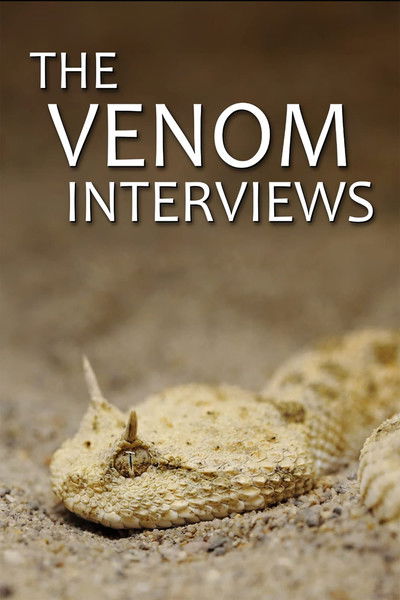The Venom Interviews
A Crash Course in the Work and Science of Venomous Herpetology
Genres
Documentary
OverView
A crash course in the professional and scientific work related to the field of venomous herpetology. The film covers diverse topics, including biochemistry, biology, law and public policy, conservation, venom collection, animal husbandry, antivenom production, emergency medicine, veterinary medicine, toxicology and toxinology. The film follows the personal and working lives of prominent experts in the field, beginning with their childhood interest through their professional careers, with particular emphasis on the sciences related to their work.
Others
Budget
$--
Revenue
$--
Status
Released
Original Language
English
Runtime
114 mins
Rating
6/10
Release Date
10 January 2016
Country


